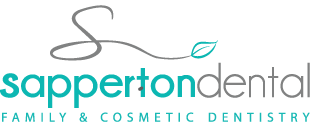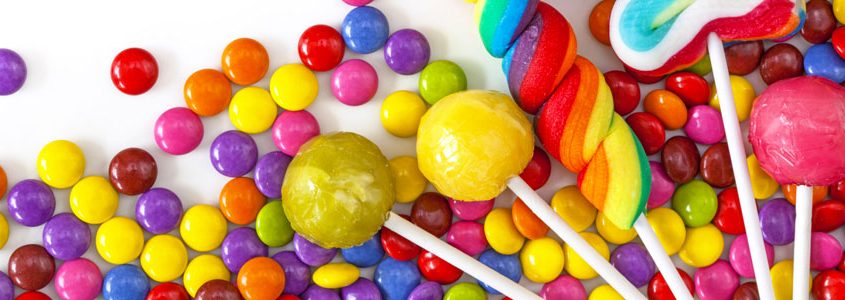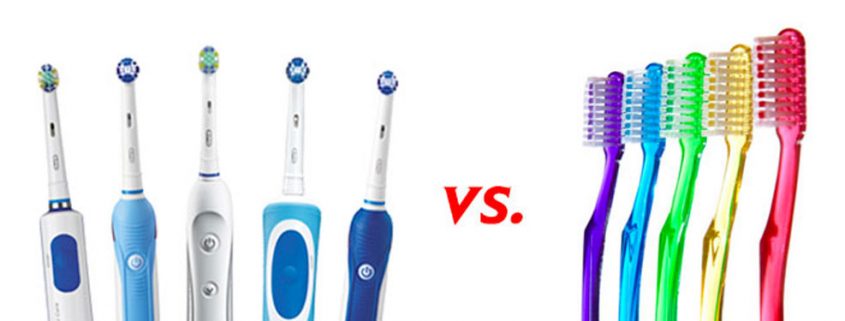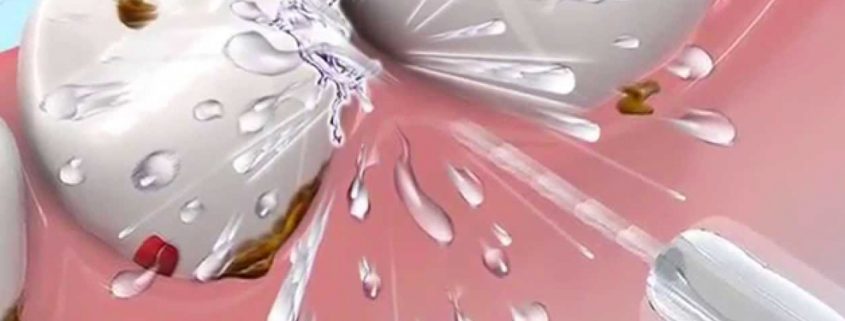New Westminster Dentist Addresses Food that Cause Cavities
They say you are what you eat. And in no better place can that be seen than in your teeth. That’s because many foods and beverages can cause plaque, which does serious damage your teeth. Plaque is a bacteria-filled sticky film that contributes to gum disease and tooth decay. After you eat a sugary snack or meal, the sugars cause the bacteria to release acids that attack tooth’s enamel. When the enamel breaks down, cavities can develop.
Cavities are the most common chronic disease faced by people aged six to 19 years old, according to the Centers for Disease Control and Prevention. They cause complications like pain, chewing problems, and tooth abscesses. And if you don’t brush or floss your teeth, your plaque will harden and turn into tartar. Tartar above the gums can lead to gingivitis, an early form of gum disease.
How can you prevent plaque from wreaking havoc on your mouth? Besides brushing your teeth at least twice a day and flossing and visiting your friendly New Westminster Dentist regularly, try to avoid or limit the foods below.
So what foods should you avoid in order to keep your tooth enamel nice and strong? In general, you should stay away from food and drinks that are acidic, high in sugar and starch, and sticky.
The following items are particularly damaging:
1. Soda
 Drinking carbonated sugary drinks is perhaps one of the worst things you can do to your teeth. Fizzy drinks essentially coat your entire mouth with tooth-decaying acid. One study even found sugar-filled soda could be as bad for your teeth as using methamphetamine and crack cocaine! Keep your soda intake to a minimum, and when you do indulge, make sure to wait at least 20 minutes before brushing your teeth afterward.
Drinking carbonated sugary drinks is perhaps one of the worst things you can do to your teeth. Fizzy drinks essentially coat your entire mouth with tooth-decaying acid. One study even found sugar-filled soda could be as bad for your teeth as using methamphetamine and crack cocaine! Keep your soda intake to a minimum, and when you do indulge, make sure to wait at least 20 minutes before brushing your teeth afterward.
2. Sour Candy
 All types of candy are tough on your teeth, but sour candy, in particular, is especially damaging. Not only do sour candies contain a unique type of acid that eats away at your enamel, they also tend to be chewy and will stick to your teeth for a longer time, so they’re more likely to cause decay. If you’re craving sweets, grab a square of chocolate instead, which you can chew quickly and wash away easily.
All types of candy are tough on your teeth, but sour candy, in particular, is especially damaging. Not only do sour candies contain a unique type of acid that eats away at your enamel, they also tend to be chewy and will stick to your teeth for a longer time, so they’re more likely to cause decay. If you’re craving sweets, grab a square of chocolate instead, which you can chew quickly and wash away easily.
3. Bread
 Think twice as you walk down the supermarket bread aisle. When you chew bread, your saliva breaks down the starches into sugar. Now transformed into a gummy paste-like substance, the bread sticks to the crevices between teeth. And that can cause cavities. When you’re craving some carbs, aim for less-refined varieties like whole wheat. These contain less added sugars and aren’t as easily broken down.
Think twice as you walk down the supermarket bread aisle. When you chew bread, your saliva breaks down the starches into sugar. Now transformed into a gummy paste-like substance, the bread sticks to the crevices between teeth. And that can cause cavities. When you’re craving some carbs, aim for less-refined varieties like whole wheat. These contain less added sugars and aren’t as easily broken down.
4. Citrus Fruits
 It’s true citrus fruits like oranges and grapefruits are delicious and packed with healthy vitamins. Unfortunately, they’re also full of acid that will erode your tooth enamel. To combat this acidity, eat citrus fruits in moderation and make sure to rinse your mouth out with water after you’re done.
It’s true citrus fruits like oranges and grapefruits are delicious and packed with healthy vitamins. Unfortunately, they’re also full of acid that will erode your tooth enamel. To combat this acidity, eat citrus fruits in moderation and make sure to rinse your mouth out with water after you’re done.
5. Alcohol
 We all know that drinking alcohol isn’t exactly healthy. But did you realize that when you drink, you dry out your mouth? A dry mouth lacks saliva, which we need to keep our teeth healthy. Saliva prevents food from sticking to your teeth and washes away food particles. It even helps repair early signs of tooth decay, gum disease, and other oral infections. To help keep your mouth hydrated, drink plenty of water and use fluoride rinses and oral hydration solutions.
We all know that drinking alcohol isn’t exactly healthy. But did you realize that when you drink, you dry out your mouth? A dry mouth lacks saliva, which we need to keep our teeth healthy. Saliva prevents food from sticking to your teeth and washes away food particles. It even helps repair early signs of tooth decay, gum disease, and other oral infections. To help keep your mouth hydrated, drink plenty of water and use fluoride rinses and oral hydration solutions.
6. Ice
 All it contains is water, so it’s fine to chew ice, right? Not so, according to the Canadian Dental Association. Chewing on a hard substance can damage enamel and make you susceptible to dental emergencies such as chipped, cracked, or broken teeth, or loosened crowns. You can use your ice to chill beverages, but don’t chew on it. To resist the urge, opt for chilled water or drinks without ice.
All it contains is water, so it’s fine to chew ice, right? Not so, according to the Canadian Dental Association. Chewing on a hard substance can damage enamel and make you susceptible to dental emergencies such as chipped, cracked, or broken teeth, or loosened crowns. You can use your ice to chill beverages, but don’t chew on it. To resist the urge, opt for chilled water or drinks without ice.
7. Potato Chips
 The crunch of a potato chip is eternally satisfying to many of us. Unfortunately, they’re loaded with starch, which becomes sugar that can get trapped in and between the teeth and feed the bacteria in the plaque. Since we rarely have just one, the acid production from the chips lingers and lasts awhile. After you’ve gorged on a bag, floss to remove the trapped particles.
The crunch of a potato chip is eternally satisfying to many of us. Unfortunately, they’re loaded with starch, which becomes sugar that can get trapped in and between the teeth and feed the bacteria in the plaque. Since we rarely have just one, the acid production from the chips lingers and lasts awhile. After you’ve gorged on a bag, floss to remove the trapped particles.
8. Dried Fruits
 You likely assume that dried fruits are a healthy snack. That may be true, but many dried fruits — apricots, prunes, figs, and raisins, to name a few — are sticky. They get stuck and cling in the teeth and their crevices, leaving behind lots of sugar. If you do like to eat dried fruits, make sure you rinse your mouth with water, and then brush and floss after. And because they’re less concentrated with sugar, it is a better choice to eat the fresh versions instead!
You likely assume that dried fruits are a healthy snack. That may be true, but many dried fruits — apricots, prunes, figs, and raisins, to name a few — are sticky. They get stuck and cling in the teeth and their crevices, leaving behind lots of sugar. If you do like to eat dried fruits, make sure you rinse your mouth with water, and then brush and floss after. And because they’re less concentrated with sugar, it is a better choice to eat the fresh versions instead!
I hope this article helped clear up any misconceptions about the types of food and how they may affect your overall oral health. Feel free to give Sapperton Dental Clinic in New Westminster a call if you have any questions regarding dental cavities or this article. Or if you’re in the New Westminster neighborhood, drop by our Dental Office located at 301 East Columbia Street #105.






